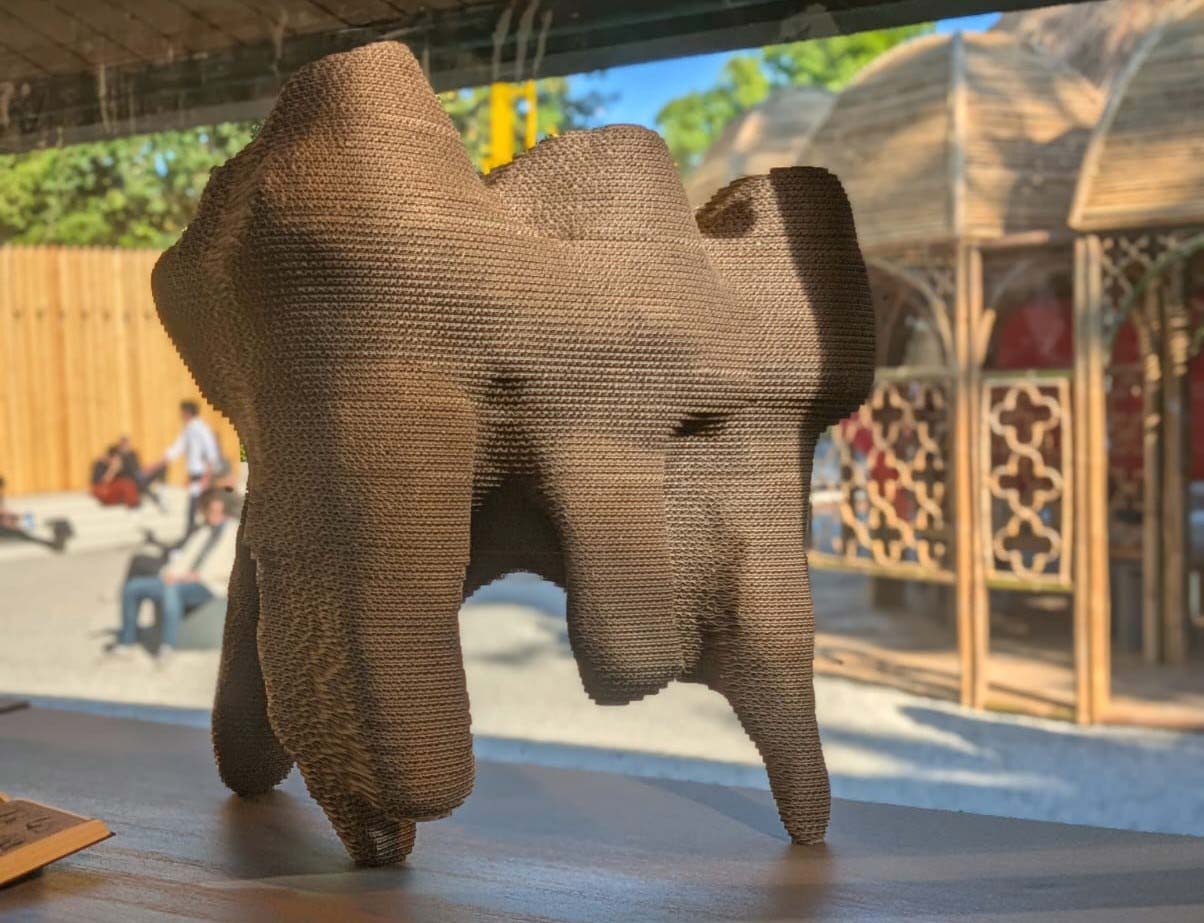Dewar Contributes Chapter to Learning from the Slums for the Development of Emerging Cities
Dewar Contributes Chapter to Learning from the Slums for the Development of Emerging Cities
Margaret Dewar wrote a chapter titled “Precarious Housing in Detroit: A City After the Mortgage Foreclosure Crisis” for the book Learning from the Slums for the Development of Emerging Cities. Edited by Jean-Claude Bolay, Jérome Chenal, and Yves Pedrazzini, it was published by Springer International in July of 2016. “The book deals with slums as a specific question and a central focus in urban planning. It radically reverses the official version of the history of world cities as narrated during decades: slums are not at the margin of the contemporary process of urbanization; they are an integral part of it…. [It] presents 16 case studies that form the basis for a theory of the slum and a concrete development manual for the slum.“
Abstract from the chapter (from Springer Link):
Detroit has lost population and employment since World War II and has experienced loss of demand for housing and other real estate. As of 1950, slums characterized areas to the east and west of downtown. Urban renewal through the early 1970s removed some slums, but population decline, job loss, and disinvestment continued. As property values rose somewhat in the 1990s, many residents refinanced their homes with mortgages with unfavourable terms. When homeowners could not pay, mortgage holders foreclosed on large numbers of homes in middle- and working-class areas. Many residents moved out of the city leaving vacancies in previously intact neighbourhoods. The vacancies introduce blight and weaken neighbourhood housing markets. In middle-class neighbourhoods, residents and community organizations have responded by working to restore confidence in the future so that neighbourhoods again become ones where many people choose to live. In low-income areas, where disinvestment and abandonment have continued for decades, residents have taken over neglected land to enhance quality of life.









